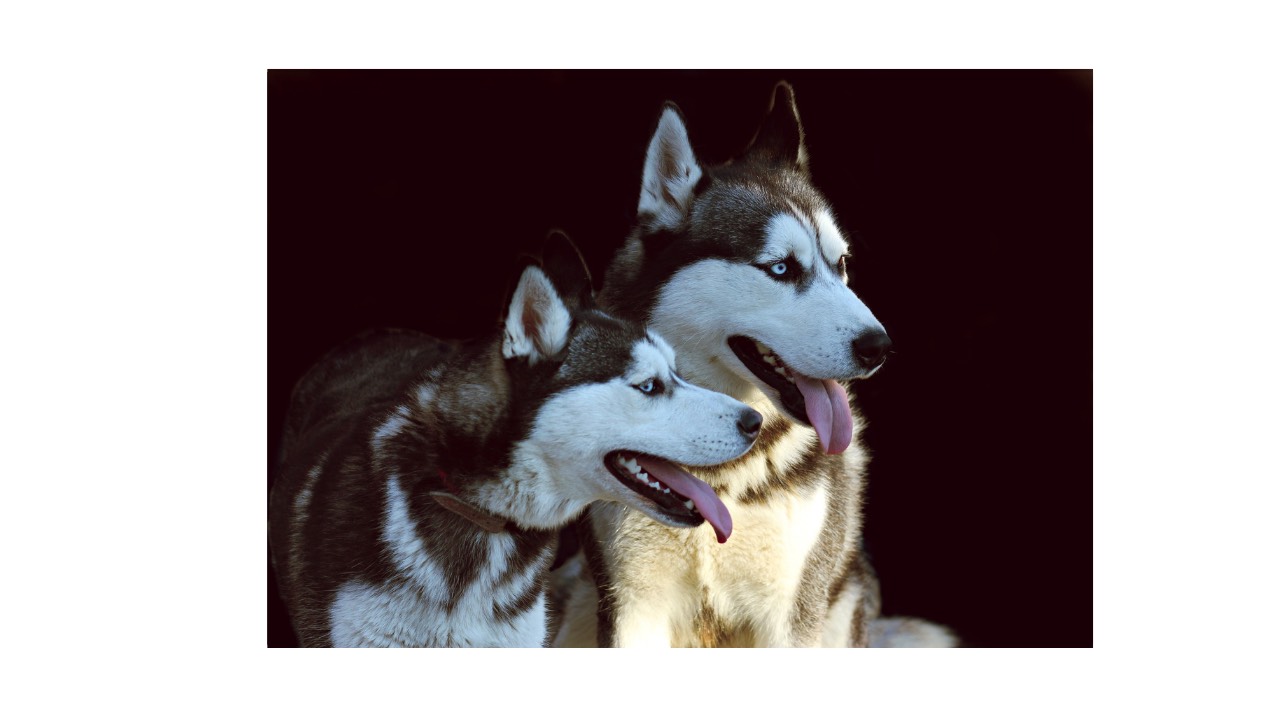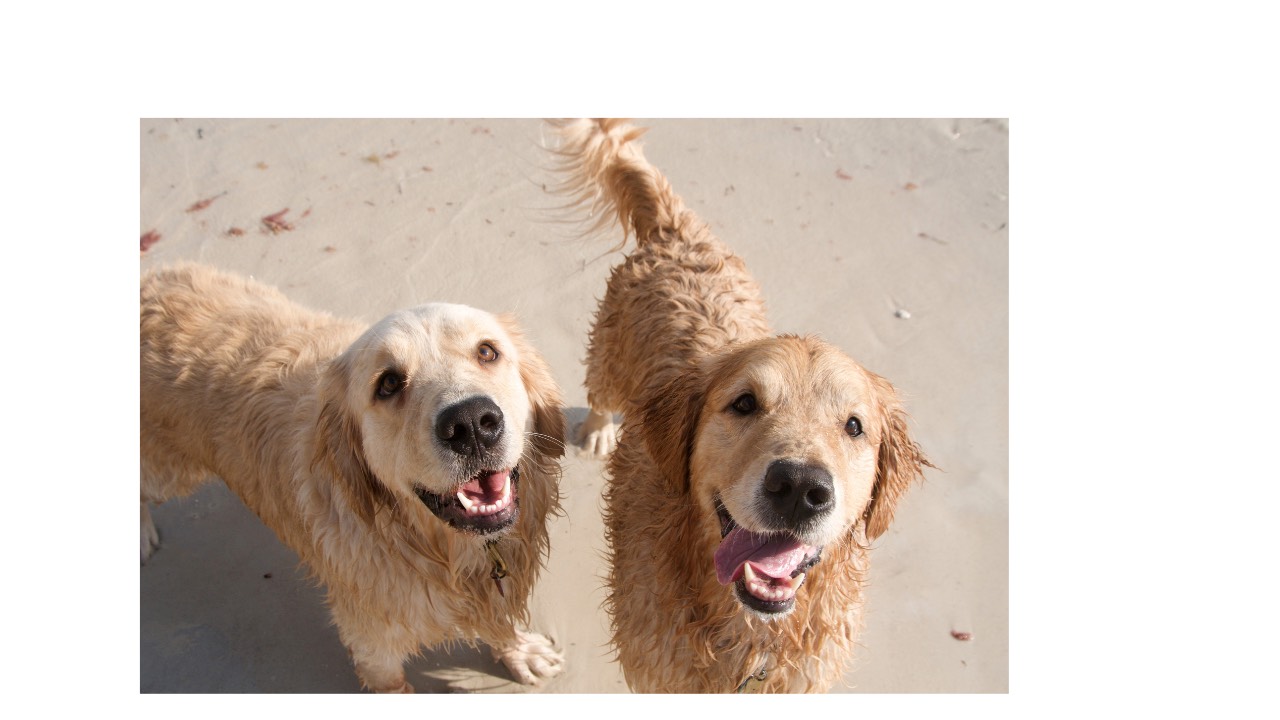What Qualities Do You Need to Be a Successful Professinal Dog Trainer?
Jan 01, 2025Thinking about turning your passion for dogs into a career? You're not alone. With more dog guardians seeking expert help, the demand for skilled, ethical, and compassionate trainers is growing rapidly across Canada and beyond.
But becoming a truly great dog trainer takes more than just a love of animals. It requires a unique combination of personal qualities, practical skills, and ongoing commitment to learning. In this post, we’ll explore the top traits every professional dog trainer needs, and how to develop them.
Top Qualities of a Professional Dog Trainer
To thrive in this rewarding field, here are the core traits that set successful trainers apart:
-
A genuine passion for dogs
-
Patience and calm under pressure
-
Empathy and emotional intelligence
-
Adaptability and creative problem-solving
-
Excellent communication skills
-
Commitment to lifelong learning
-
Attention to subtle behavioural details
Let’s take a closer look at what each of these traits really means in practice.
1. Passion for Dogs
A career in dog training starts with one thing: a deep, genuine love for dogs. But passion alone isn’t enough. Great trainers also develop a working knowledge of canine body language, learning theory, and behaviour science, allowing them to meet each dog where they’re at.
At Good Dog Academy, we teach students how to understand not just what dogs do—but why they do it—so they can offer training plans that are both effective and humane.
2. Patience
Every dog learns at their own pace. Some pick things up quickly, others need time, repetition, and reassurance. As a trainer, staying calm—even when progress is slow or unpredictable—is key to success. Patience also allows you to adapt your methods when needed, without frustration.
3. Empathy
Being able to see the world through a dog’s eyes is one of the most powerful tools in your toolkit. Empathetic trainers are better able to build trust, recognize when a dog is fearful or overwhelmed, and create training environments that set dogs up to feel safe and successful.
Empathy also extends to the dog’s guardian. Remember: you’re not just training dogs—you’re coaching people, too.
4. Adaptability
There’s no one-size-fits-all in dog training. Different dogs, environments, and client goals all call for flexibility. Whether you’re adjusting to a new behaviour challenge or shifting your approach to suit a guardian’s lifestyle, adaptability keeps you responsive and effective.
5. Communication Skills
To be a successful dog trainer, you need to communicate clearly on two fronts:
-
With dogs, using body language, timing, voice tone, and consistent reinforcement
-
With people, by educating guardians, providing actionable feedback, and offering support without judgment
The best trainers turn complex concepts into practical advice clients can actually follow—and stay kind while doing it.
6. Commitment to Learning
Dog training is a science, and like all sciences, it evolves. Successful trainers stay curious, open-minded, and committed to growing their knowledge.
At Good Dog Academy, we emphasize evidence-based training and support our students with the latest research in canine behaviour, positive reinforcement, and force-free practices. Whether you’re new to the field or looking to deepen your expertise, our Professional Pet Dog Trainer Certificate Program helps you build a career on solid, science-backed foundations.
7. Attention to Detail
Small signals like a flicked ear, a quick lip lick, or a slight shift in posture,can tell you a lot about how a dog is feeling. Noticing and responding to these subtle cues is what allows great trainers to adjust in real time, prevent behaviour problems, and keep both dogs and people safe.
How to Develop These Skills
You don’t have to be perfect to start—but you do need to be willing to grow. Here are a few ways to begin building the traits of a professional dog trainer:
-
Volunteer or apprentice: Gain hands-on experience by helping at shelters or shadowing experienced trainers.
-
Invest in education: Enrol in structured training programs like Good Dog Academy’s PPDT Program, which offers expert mentorship, real-world case studies, and in-depth support.
-
Practice observation: Watch dogs at the park or in your community. Can you identify stress signals or signs of excitement?
-
Develop your communication skills: Practice explaining concepts clearly to friends or family. Clarity and confidence come with repetition.
-
Stay informed: Join dog training networks, read trusted industry blogs, attend webinars, and follow positive reinforcement professionals online.
Final Thoughts
Being a professional dog trainer is about so much more than teaching a dog to sit. It’s about understanding behaviour, empowering guardians, and transforming lives, both canine and human.
At Good Dog Academy, we’re here to help you build a career with purpose, compassion, and professionalism. If you're ready to take the first step, explore our Professional Pet Dog Trainer Certificate Program and join a community of trainers who are shaping the future of dog training the force-free way.
Your journey starts here. Let’s make a difference, one dog at a time.





